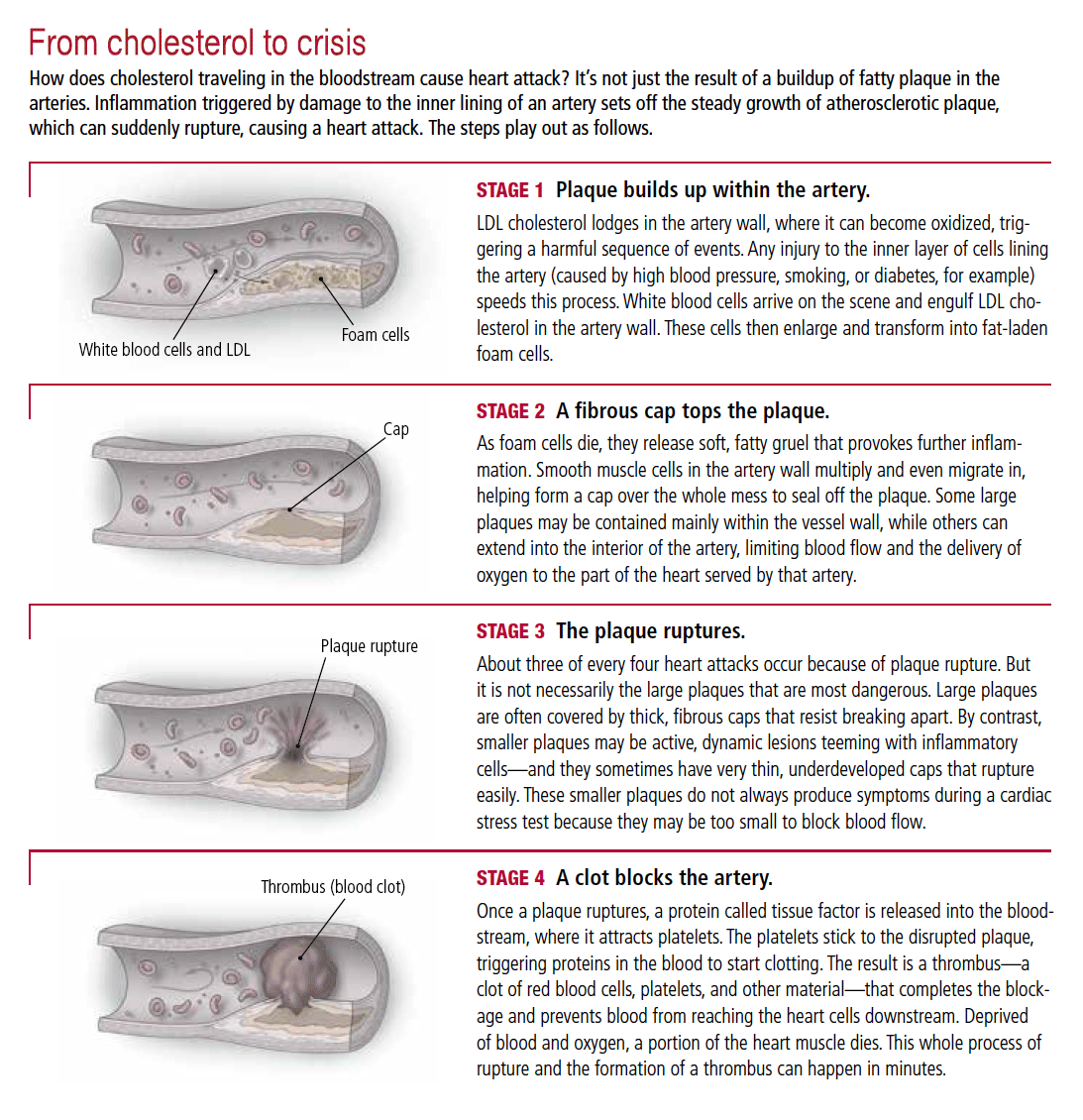ABSTRACT
Chromium (Cr) picolinate (CrPic) is a widely used nutritional supplement for optimal insulin function. A relationship among Cr status, diabetes, and associated pathologies has been established. Virtually all trials using CrPic supplementation for subjects with diabetes have demonstrated beneficial effects. Thirteen of 15 clinical studies (including 11 randomized, controlled studies) involving a total of 1,690 subjects (1,505 in CrPic group) reported significant improvement in at least one outcome of glycemic control. All 15 studies showed salutary effects in at least one parameter of diabetes management, including dyslipidemia. Positive outcomes from CrPic supplementation included reduced blood glucose, insulin, cholesterol, and triglyceride levels and reduced requirements for hypoglycemic medication. The greater bioavailability of CrPic compared with other forms of Cr (e.g., niacin-bound Cr or CrCl3) may explain its comparatively superior efficacy in glycemic and lipidemic control. The pooled data from studies using CrPic supplementation for type 2 diabetes mellitus subjects show substantial reductions in hyperglycemia and hyperinsulinemia, which equate to a reduced risk for disease complications. Collectively, the data support the safety and therapeutic value of CrPic for the management of cholesterolemia and hyperglycemia in subjects with diabetes.
DOWNLOAD STUDY HERE: chromium picolinate


